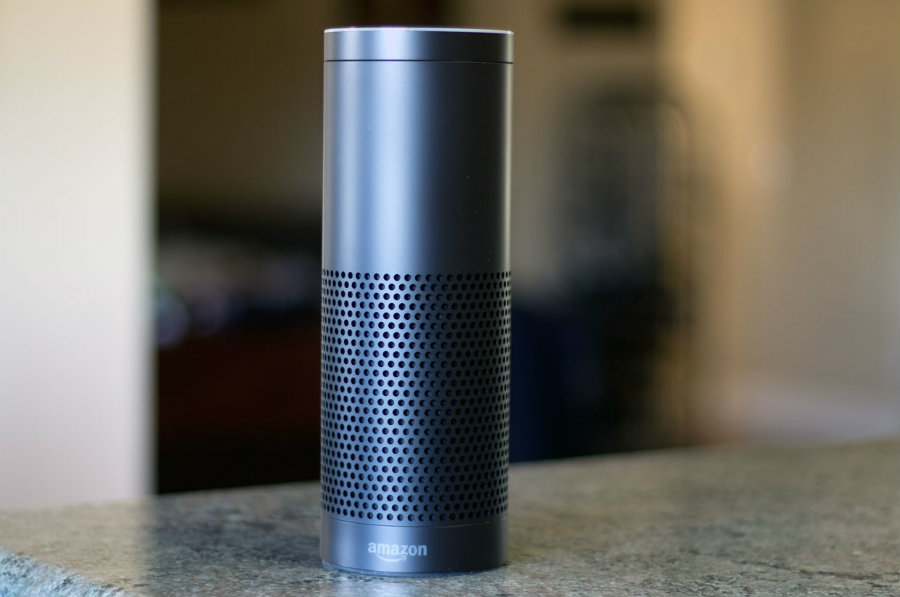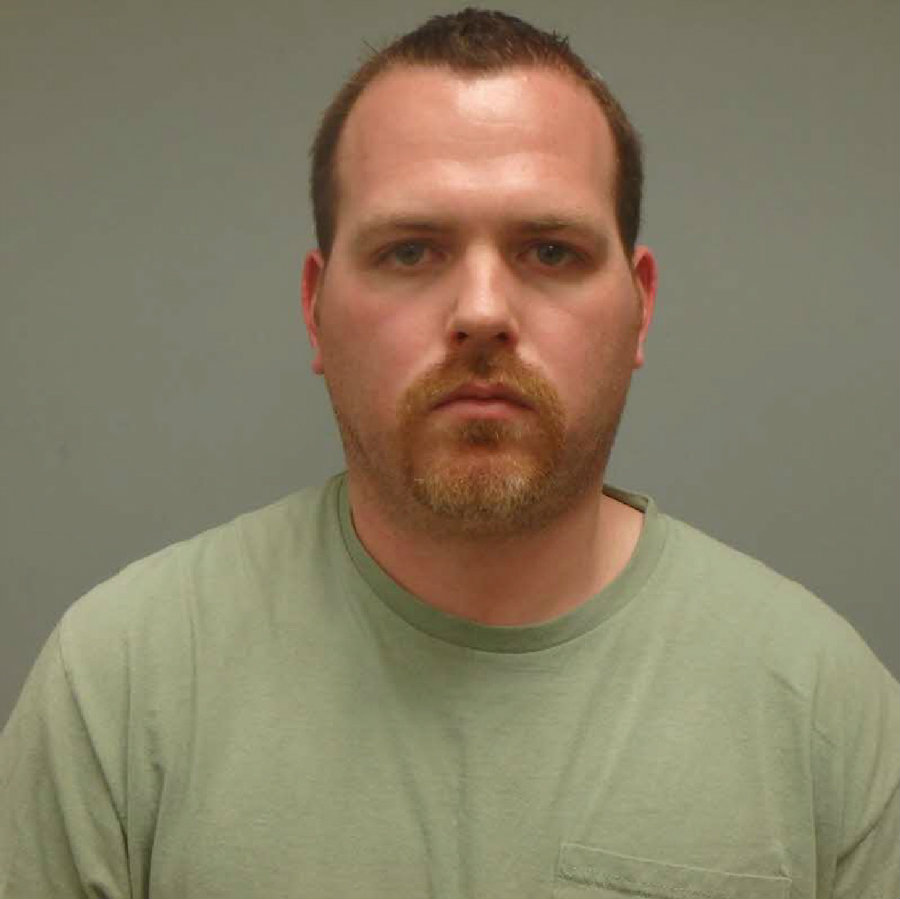Amazon has agreed to release the data from an Echo device found at a murder scene in Arkansas in 2015. The decision comes after James Bates, the owner of the device and main suspect in the case, agreed to disclosure the content.
On Monday, a court filing agreeing to release the data was made public, and this Tuesday Kathleen Zellner, Bates’ attorney published a tweet saying “Amazon Echo Case: We agreed to release recordings-my client James Bates is innocent.”

Bates was charged with first-degree murder in 2015, after Victor Collins, a former policeman and Bates’ close friend, was found dead in Bates’ hot tub after a night of drinking. An Amazon Echo device was found at the crime scene, and prosecutors sent Amazon a warrant to release the recordings.
Echo devices are voice-activated and can be used to request information to a voice-controlled personal assistant called Alexa, much like Apple’s Siri. This funding led prosecutors to the assumption that the device holds recordings that could be relevant to the murder case.
First Amendment protection
Ever since the warrant was issued, Amazon has declined to release the recordings, claiming that the data was protected by the First Amendment.
“Given the important First Amendment and privacy implications at stake, the warrant should be quashed unless the Court finds that the State has met its heightened burden for compelled production of such materials,” wrote on February Amazon’s lawyers in a memo to Prosecuting Attorney Nathan Smith.
Releasing the records sets an important precedent in a battle between law enforcement’s needs to solve major crimes against tech companies trying to protect their clients’ privacy.
More and more, police and law enforcers seek out information in tech devices such as phones, laptops, and audio devices, and the legislation on these matters is not entirely clear for every case. However, as the case was solved due to Bates’ own decision to release the recordings, the case sets no legal precedents.

Searching for the murderer
The Echo was pointed as a “witness” after someone present in Bates’ house the night of the murder, recalled hearing music coming from the device. Bates claims that he had Collins and other people over that night and that they watched football and drank alcohol.
Later that evening they got into Bates’ hot tub, but he states he went to bed at 1 a.m. and when he woke up, he saw Collins’ body in the hot tub. Bates says it must have been an accident due to Collins’ alcohol blood levels, but evidence points another scenario.
Both Bates and Collins had injuries like they struggled with each other, there was dry blood inside of the house and evidence that the patio and hot tub had been cleaned or tampered with before police arrived at the scene.
Bates’ attorneys have claimed that there’s nothing useful on the device and insist on their client’s innocence, which is why they decided to release the data, relieving Amazon from persecution from Benton County prosecutors. Bates remains the primary suspect in the case and is free on a $350,000 bond.
Source: CNN
